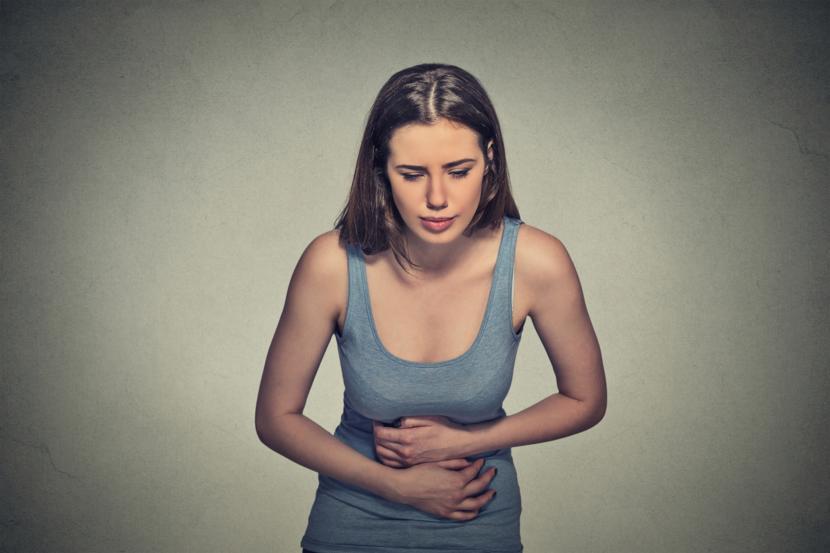Symptoms of Uterine Fibroids

Most women that have uterine fibroids do not experience any symptoms. And their condition doesn’t require treatment. Nevertheless, one in every female of childbearing age suffers from significant symptoms. The signs and symptoms associated with uterine fibroids might vary depending on size, frequency, and location of the fibroid tumors.
Common symptoms of uterine fibroids include:
- Heavy menstrual bleeding- This bleeding caused by fibroids may also involve severe pain and clotting. It can also lead to the development of anemia. Abnormal bleeding is the most common symptom that accompanies uterine fibroids and does require medical attention.
- Weight gain- Many women suffering from fibroids experience weight gain, since the tumors may grow to be rather large.
- Pelvic or leg pain- This symptom occurs when the fibroid growths exert intense pressure on nerves that lead to the pelvis or legs.
- Abdominal discomfort or constipation- Bowel pressure that results from the fibroids can cause constipation or bloating. This constipation can be worsened using iron supplements that are common for women with anemia.
- Frequent urination- Too much pressure on the bladder can trigger frequent urination or even urine retention.
- Enlarged abdomen
- Painful intercourse- Uterine fibroids can also cause reproductive complications. Infertility, miscarriage, and premature labor pains can result from fibroids.
If you’re suffering from fibroids, there are numerous treatment options you can utilize. These include:
- Prescription medications
- Uterine artery embolization
- Endometrium ablation
- Laparoscopic myomectomy
- Progestin-releasing hormone or IUD
Can Fibroids Cause Constipation?
A normal-sized uterus lies right below the pubic bone, just below the pelvis. It’s also located under the bladder and directly above the rectum. The bladder is surrounded by intestinal tissues. Because it’s very close to digestive organs, elongation of the uterus from uterine fibroids may cause excessive pressure on the lower abdomen, as well as the pelvis. Often, the uterus is approximately the size of a pear and weighs about ¼ of a pound. However, with fibroids, the uterus becomes enlarged and can cause a feeling of fullness or too much pressure. If fibroids grow towards the back, pressure exerted on the rectum can trigger constipation. Women with fibroids may also experience pressure or pain in the lower back or disturbances during sexual intercourse.
If uterine fibroids grow towards the frontal side of the uterus, they could end up pressing on the bladder, therefore causing frequent urination. Nonetheless, fibroids generally do not cause permanent damage to any body tissues or organs.
Enlargement of the uterus can cause abnormal swelling of the abdomen, making a woman look pregnant. Whilst this condition is not dangerous, an enlarged uterus may cause patients to experience severe discomfort that can require medical assistance.
Can Fibroids Cause Pain?
Fibroids are tumors (masses of tissue), which require adequate oxygen and blood to survive. If fibroid tumors grow fast, blood vessels responsible for feeding them might lack the ability to grow quickly enough to provide a sufficient oxygen and blood supply. If this takes place, the fibroids undergo a process known as degeneration.
While fibroid cells die, certain chemical substances are produced that cause severe pain and inflammation of the uterus. This pain might be severe and affect quality of life, but it isn’t usually associated with serious complications. If chemical substances resulting from fibroid degeneration reach the bloodstream, they may also cause low-grade fever.














